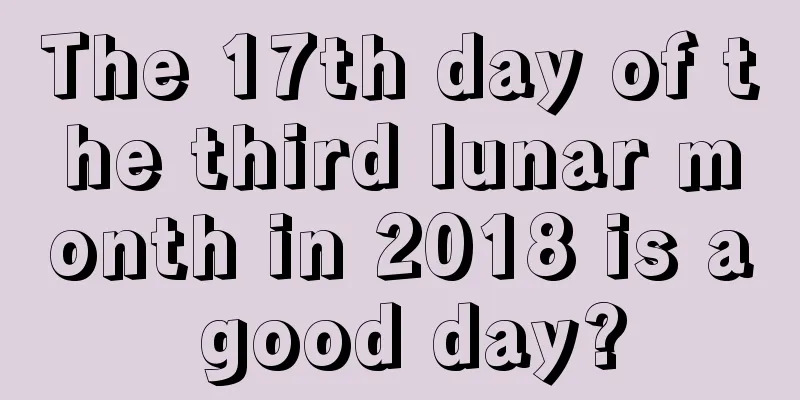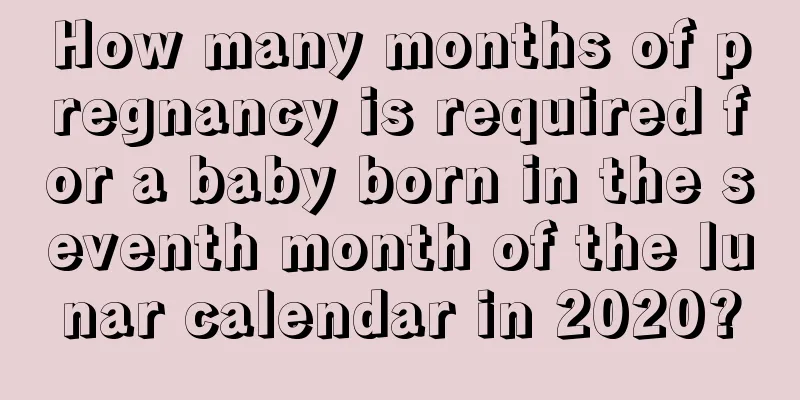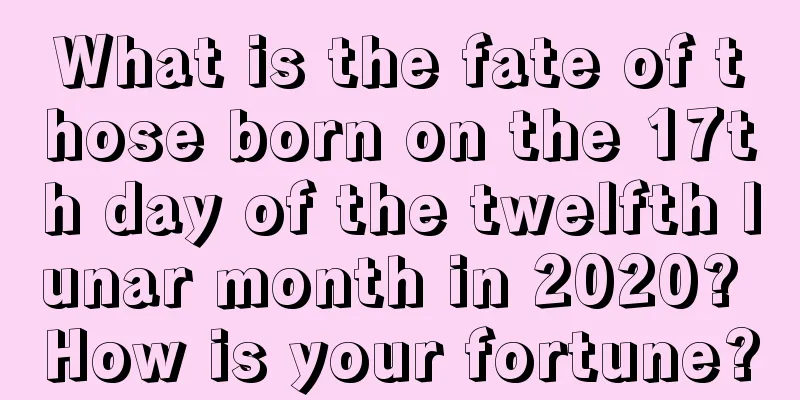What day is Laba Festival in 2020? Is there a holiday on Laba Festival?

Different parts of the country have different customs, and the same is true for Laba Festival. The north pays more attention to it, but I believe everyone is still more concerned about the issue of holidays. How do modern and ancient people treat this festival with a long history? After reading the following content, you will be able to answer your questions! Shuimoxiansheng.com has carefully compiled detailed information about the twelfth lunar month of 2019. If you want to know the auspicious and inauspicious days in the twelfth lunar month, just go to Shuimoxiansheng.com.Q: Will there be a holiday for Laba Festival in 2020?Answer: Laba Festival in 2020 is January 2, 2020 in the Gregorian calendar, which is the eighth day of the twelfth month of the lunar calendar, 2019, which is Thursday. Laba Festival is not a legal holiday in our country and there is no holiday.Question: How did the ancients celebrate Laba Festival?The Laba Festival in the Tang Dynasty was very lively. During the ancient New Year, the ancients held grand sacrificial activities, which were called "the year-end sacrifice." After the "October Calendar" was abandoned, the function and concept of the La Day New Year also disappeared, but the name and content of the festival "La Day" were retained and transplanted to the La Day of the "December Calendar".In the Tang Dynasty, everyone from the common people to the royal court paid great attention to the La Festival and left behind a large number of poems and essays related to the festival. In addition to Wu Zetian's "La Day Proclamation of the Imperial Decree to Visit Shangyuan" mentioned above, many Tang Dynasty literati such as Du Fu, Liu Yuxi, Cen Shen, Lu Lun, and Quan Deyu have left behind works with the theme of "La Day". For example, Du Fu's "La Day": "The warmth of La Day is usually far away, but this year the frost has completely melted on La Day. The daylilies have invaded the snow, and the willow branches reveal the spring." Du Fu wrote this poem in December of the second year of Tang Zhide (757 AD). At that time, the poet returned to the capital Chang'an. However, the temperature on La Day that year was abnormal, as if spring had come, and the frost had melted on La Day. The turning point of Lari's decline was the Song Dynasty. Although the custom of celebrating the Laba Festival was still there among the people in the Song Dynasty, Buddhism had been deeply rooted in the hearts of the people after the Tang Dynasty's worship of Buddhism. The Buddhist-themed "Laba Festival" was officially formed and became popular. In the Southern Song Dynasty, people already believed that "Laba Festival" was a Buddhist festival. In the entry for "December" in Volume 6 of Wu Zimu's "Dream of the Red Chamber" in the Southern Song Dynasty, it is said: "The eighth day of this month is called 'Laba' in temples." Since "La Day" and "Laba" are both in the twelfth lunar month, and the dates are very close, or even overlap, people gradually merged the two festivals. The festive activities of the past La Day, such as ancestor worship and beating drums to drive away epidemics, were integrated into the Laba Festival. Because many of the festive activities during Laba Festival are the activities of the past Laba Day, many places still call Laba Festival "Laba Day". The "Jia County Chronicles" of the Republic of China called the Laba Festival "La Day". On this day, the locals "made porridge with millet, called glutinous rice, and let their sons eat it first." Laba is regarded as the "charity day" in ancient times In addition to drinking Laba porridge, there are many other activities during the Laba Festival, such as praying for a good harvest, warding off evil spirits, preventing plague, and predicting the year's harvest. Especially after the Ming and Qing Dynasties, Laba Festival has been given a higher level of meaning by the ancients, and poverty alleviation and alms have become the themes. Therefore, Laba Festival is also regarded as the "Charity Day" in ancient times. The Laba porridge cooked by monks and nuns in the temple is also called "Buddha porridge". Buddha porridge is given to donors and to the poor. After receiving the Buddha porridge, the donor will usually give back some money for lamp oil or other property. This is what Su Dongpo meant when he said, "Today, I give back the Buddha porridge to you again." For the purpose of "helping the poor", monks in some places begin to beg for rice before the Laba Festival. The Annals of Yanqing County during the reign of Emperor Qianlong of the Qing Dynasty recorded that in Yanqing, Beijing, "the monks had collected rice from door to door in the early days, and on that day, they made porridge and gave it to the poor, just like in other places." Many non-Buddhist families will also give out porridge to charity during Laba Festival. According to the "Continued Records of Huayin County" of the Republic of China, in the Huayin area of Shaanxi, "philanthropists collected rice and flour, set up porridge on the main road, and gave it to beggars and passers-by." The "Records of Tianjin Prefecture" of the Guangxu period of the Qing Dynasty recorded the good deeds of Tianjin on Laba Day: "Rice, beans, dates, and millet were mixed and cooked, called Laba porridge, and fed the poor." Question: How do modern people celebrate Laba Festival?For thousands of years, Laba Festival and its customs have been passed down among the Chinese people as a festival. In the Ming and Qing dynasties, worshiping gods and Buddhas replaced ancestor worship, celebrating the harvest and warding off epidemics and disasters, and became the main theme of Laba Festival. The main customs at that time were to cook, give away and taste Laba porridge, and to celebrate the harvest. At the same time, many families have started the Spring Festival, busying themselves with slaughtering the New Year pig, making tofu, making wind fish bacon, and purchasing New Year goods. The atmosphere of the "New Year" gradually becomes stronger. |
Recommend
Will it rain during the Great Heat of 2021? What is the volt of the solar term in 2021?
The soil is moist and hot, and heavy rains occur f...
Is it a good idea to offer sacrifices on the 20th day of the fifth lunar month in 2019? What are the precautions for offering sacrifices?
Introduction: Sacrifice is an important matter, an...
Is November 12, 2019 a good day to sign a contract? What should be prepared for the opening ceremony?
There are many things involved in signing a contra...
What should I wear to ward off evil and calm my mind? Can evil spirits easily lead to insomnia?
The meanings of "insomnia", "inabil...
Is there a holiday for Chinese Valentine's Day in 2018? Is the Chinese Valentine's Day on July 7 a legal holiday?
Introduction: Qixi Festival is an important tradit...
What zodiac sign is someone born in Jingzhe year in 2021? Is their personality good or not?
The Waking of Insects brings the warm spring breez...
Is it a good time to travel on March 30th of the lunar calendar in 2021? Suitable days for traveling in March
The pros and cons of traveling at different times ...
Is it true that you can’t have sex during the summer solstice? What are the dangers of having sex during the summer solstice?
Speaking of the Summer Solstice, I believe everyon...
Can I get a haircut on February 29th of the lunar calendar in 2021?
In life, when it comes to haircuts, people only ge...
Is it a good idea to get married on the first day of the ninth lunar month in 2017? Is it a good idea to hold an engagement banquet?
There are good and bad days, life has its bittern...
Is it a good idea to move into a new home on Children’s Day 2020? What should I pay attention to when choosing a date?
Choosing an auspicious day for moving is a traditi...
Will the Civil Affairs Bureau be open on the second day of February in 2022? Can I register for a marriage certificate?
Speaking of getting a marriage certificate, I beli...
Is April 22, 2020, an auspicious day? Is it suitable for opening a new store?
The 22nd day of the fourth lunar month in 2020 is...
Is September 15th of the lunar calendar in 2020 a good date? Is it an auspicious day?
Is September 15th of the lunar calendar in 2020 a...
How about offering sacrifices on the 21st day of the seventh lunar month in 2022? Is it an auspicious day for sacrifice?
How about offering sacrifices on the 21st day of t...









